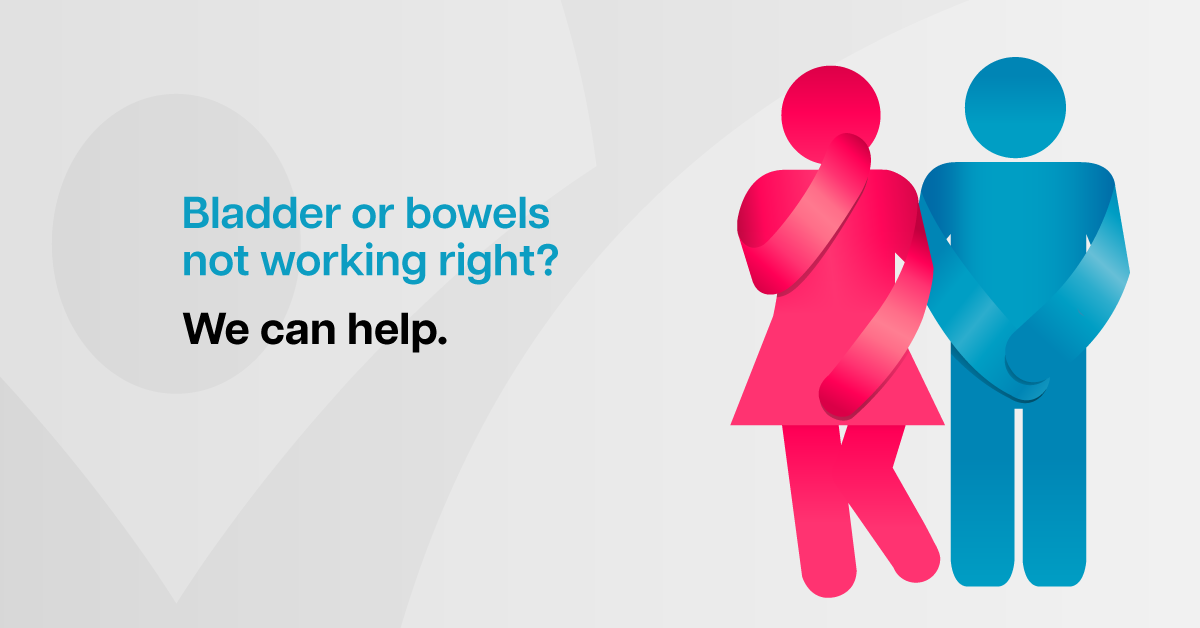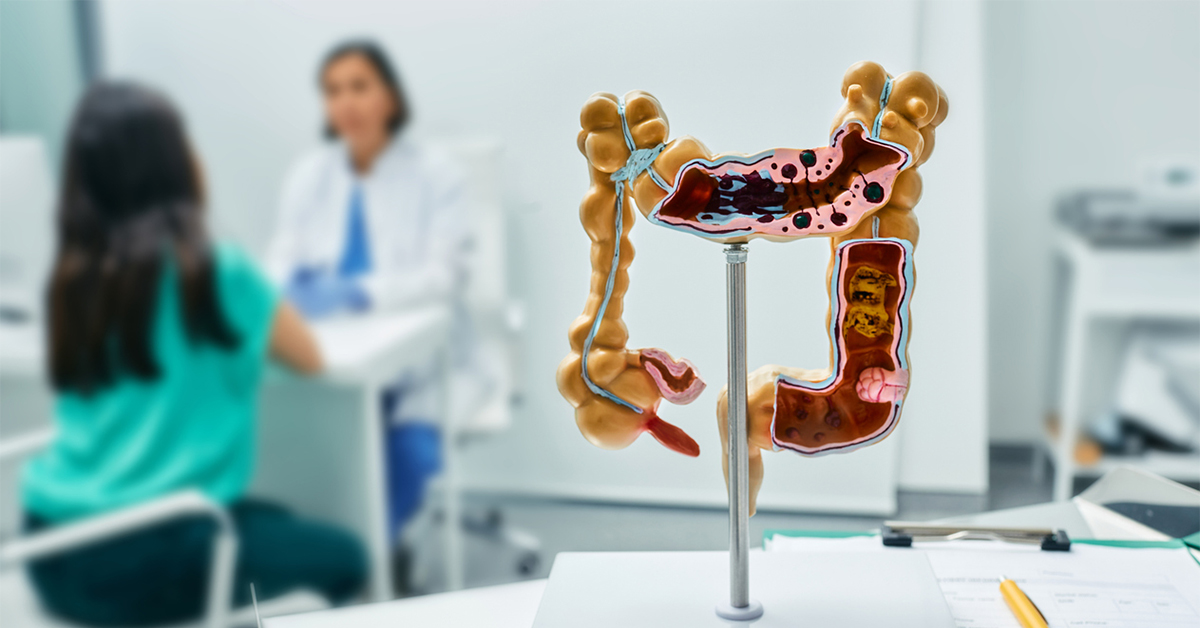Over two decades ago, Katie Couric, anchor of the “Today Show,” shared her own colonoscopy live on morning television. Motivated by the loss of her husband to colon cancer two years prior, she aimed to raise awareness about the importance of colon cancer screenings. As a result, colonoscopies gained widespread attention and recognition. The medical community coined this influential phenomenon the “Katie Couric effect.” Later, she talked Jimmy Kimmel into sharing his colonoscopy when he turned 50.
Colon cancer is highly preventable and treatable. Yet more than 140,000 people are diagnosed with—and more than 50,000 die from—colon cancer each year. Current guidelines recommend that everyone, beginning at age 45, complete a routine colon cancer screening test, which can stop the disease before it starts.
Today, colonoscopies have long been considered the gold standard in screening for colon cancer, but another option, Cologuard, has become a popular choice.
Colonoscopy
- The basics– A colonoscopy is a medical procedure where a doctor uses a long, flexible tube equipped with a camera to examine the rectum and colon. This examination is essential in detecting polyps or cancer with the highest level of accuracy. Additionally, the procedure allows for the removal of polyps if necessary.
- Preparation – In preparation for a colonoscopy, it is important to complete a bowel prep process. This ensures the doctor has a clear view of any abnormal areas in the colon. Patients must take laxative medication and follow a restricted diet to clear the colon of stool.
- Key takeaway – Although colonoscopies are considered invasive and require sedation, they play a crucial role in maintaining colorectal health. While the procedure may cause some discomfort, the benefits of early detection and prevention of colon cancer far outweigh any temporary discomfort.
For a more in-depth review of colonoscopies, read our FAQs or visit the American Cancer Society.
Cologuard
- The basics – Cologuard is a non-invasive test for colorectal cancer screening approved by the FDA in 2014. It can be done at home and does not require sedation. It works by detecting DNA markers and blood in the stool. The DNA markers are associated with colon cancer and precancerous polyps. The blood in the stool is a sign of colon cancer or other conditions that can lead to colon cancer.
- The results – If Cologuard detects DNA markers or blood in the stool, it is a positive result, and the patient should be referred for a colonoscopy for further evaluation. It should be noted that some tests return false positive results. Cologuard is not as accurate as a colonoscopy for detecting colon cancer. A negative Cologuard result does not mean that the patient does not have colon cancer, but it does mean that the risk of colon cancer is low.
- The upside – The non-invasive nature of the test makes it a more convenient option for patients, especially those who are afraid of colonoscopies. Cologuard is also relatively affordable and in some cases, covered by insurance.
- The downside – A study in the New England Journal of Medicine reported that 13% of Cologuard results were false positives while 8% were false negatives. This means that a patient may be referred for further testing without having cancer or could have cancer and not know it.
Colonoscopy vs. Cologuard
| Feature | Colonoscopy | Cologuard |
|---|---|---|
| Accuracy | 95% | 92% |
| Invasiveness | Invasive | Non-invasive |
| Requires sedation | Yes | No |
| Can remove polyps | Yes | No |
| Can be done at home | No | Yes |
| False-positive rate | 1% | 13% |
| Frequency | Every 10 years, if normal | Every three years, if normal |
What’s right for you?
The best screening test for you will depend on your individual risk factors for colon cancer and your preferences. Consider a colonoscopy if you are at high risk for colon cancer or have had a previous colonoscopy with polyps. If you are at low risk for colon cancer and looking for a less invasive test, Cologuard may be a good option.
To learn more, talk to your Welia Health provider about the pros and cons of each test and decide which test is right for you. Should you choose to schedule a colonoscopy, they can provide a referral for you. To make an appointment with one of our Family Medicine providers, call Welia Health at 1.800.245.5671 or log onto MyChart.
One last note: while current guidelines recommend colorectal cancer screenings beginning at age 45, some insurance companies don’t offer coverage until age 50. Please get in touch with your insurance provider about what your plan covers.







